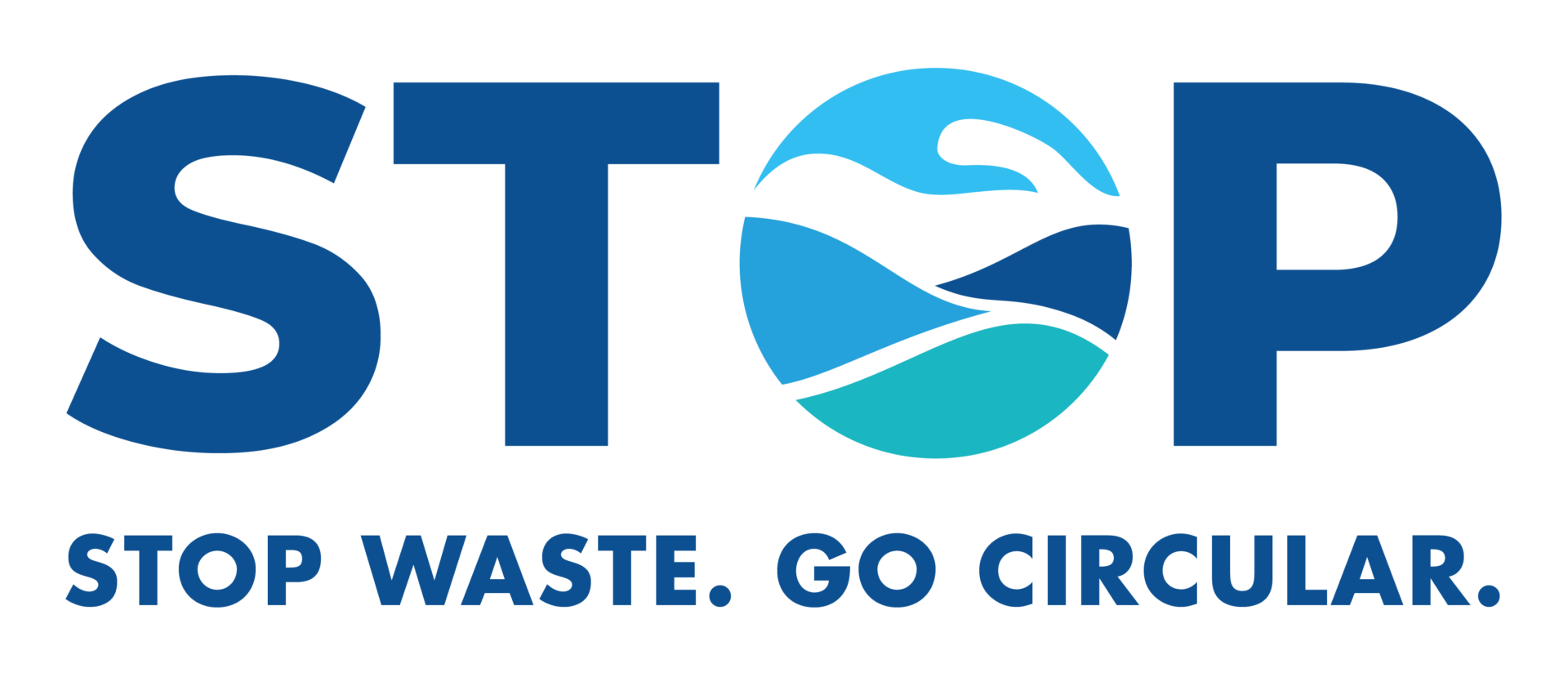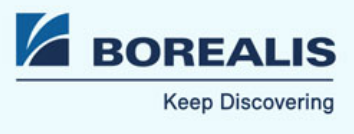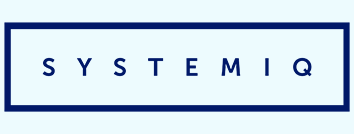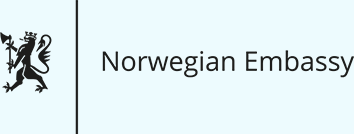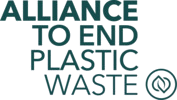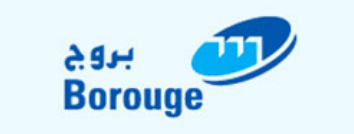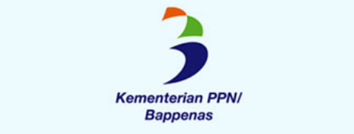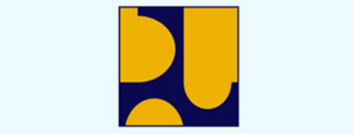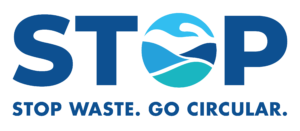Project STOP is a frontline initiative creating comprehensive, economically sustainable waste management systems in areas of high plastic leakage into the ocean.
The world is struggling with how to solve ocean plastic in a sustainable and scalable way. The fact is meaningful change requires hard work. A key pathway to success involves intensive, locally appropriate, on the ground efforts city by city, region by region, backed by national agreements and international support. Cities are assisted with investment, technical skills transfer, and embedded implementation teams. This is the work that results in permanent, verifiable ocean plastic reduction.
This is the work of Project STOP:
